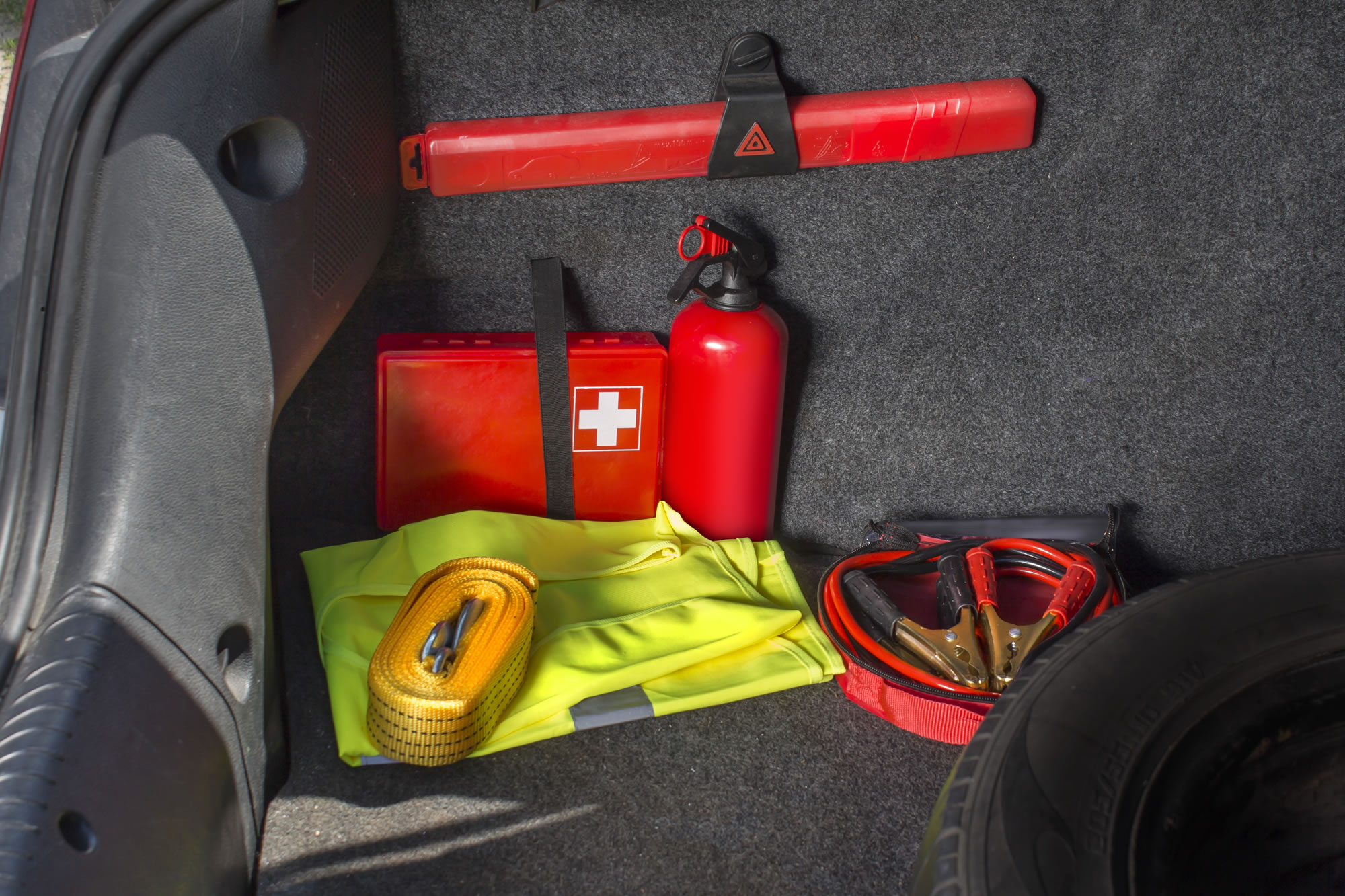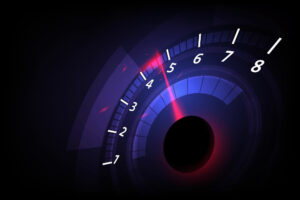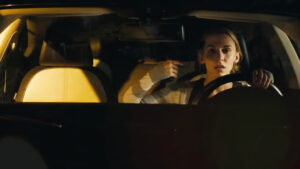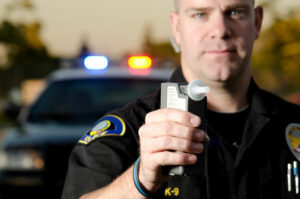With varying elements, winter driving can be unpredictable. Based on an ICBC survey, seven out of 10 drivers admit to feeling less safe or more frustrated on the roads in winter conditions. Over 24,000 crashes occur in January.
An accident can happen to anyone. According to driving.ca, experts recommend keeping an emergency kit in your vehicle no matter where you’re going in case you become stranded.
The Government of Canada suggests a car kit should contain:
- Food that won’t spoil, such as energy bars
- Water in plastic bottles so they won’t break if frozen
- Blanket
- Extra Clothing and Shoes
- First aid kit
- Seatbelt cutter
- Small shovel, scraper and snowbrush
- Candle in a deep can and matches
- Wind-up flashlight or flashlight with batteries
- Whistle
- Roadmaps
- Copy of emergency plan and personal documents
- Tow rope
Other recommended items include jumper cables, a fire extinguisher, warning lights or road flares, sand, salt, antifreeze and windshield washer fluid in the trunk. If you do become stranded, use warning lights and road flares from your safety kit to make your car visible. Turning on your vehicle’s ceiling light rather than using hazard or headlights will also conserve battery life.
For More Information:
- It always pays to be ready for an emergency, driving.ca
- Get Prepared: Emergency car Kit, Government of Canada







